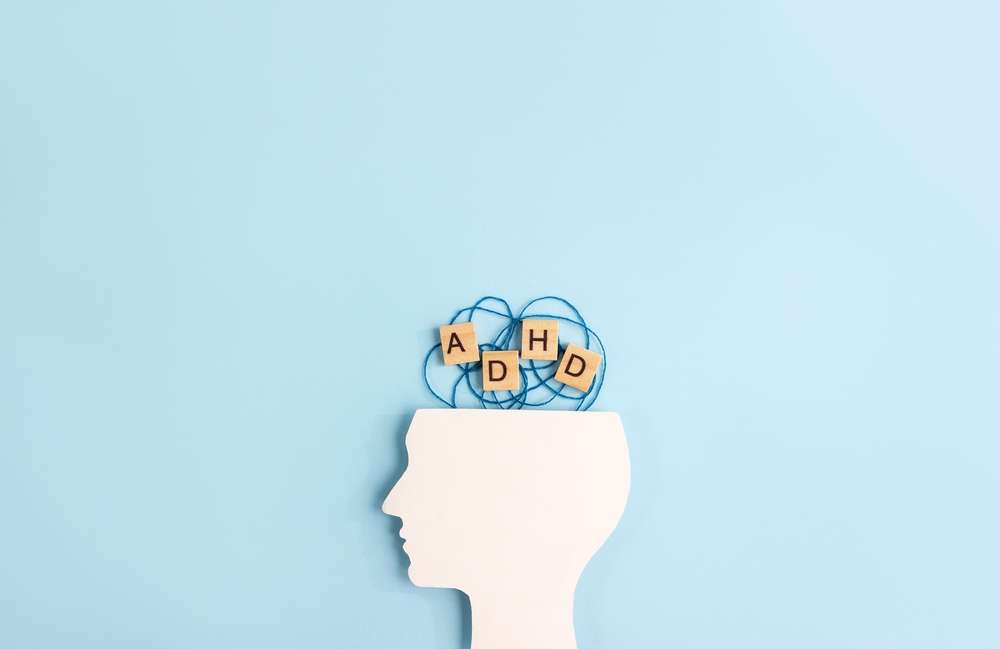Effective ADHD Solutions: A Comprehensive Guide to Symptom Management
Attention deficit hyperactivity disorder (ADHD) is a condition affecting millions of people worldwide. Appropriate treatment can significantly improve symptoms and enhance quality of life. Today, a variety of treatment options are available for ADHD, allowing patients to choose the suitable combination of therapies based on their individual needs. Understanding these options is crucial for effectively managing ADHD.

Attention Deficit Hyperactivity Disorder (ADHD) is a neurodevelopmental condition that affects both children and adults, characterized by symptoms of inattention, hyperactivity, and impulsivity. Managing ADHD effectively requires a multifaceted approach that may include various treatment modalities tailored to individual needs and circumstances.
ADHD Medication Options
Medication remains one of the most researched and effective treatments for ADHD. Stimulant medications like methylphenidate and amphetamines work by increasing dopamine and norepinephrine levels in the brain, improving focus and reducing hyperactivity. Non-stimulant options include atomoxetine and guanfacine, which may be suitable for individuals who cannot tolerate stimulants or have certain medical conditions. The choice of medication depends on factors such as age, symptom severity, side effect profile, and individual response. Healthcare providers typically start with lower doses and adjust based on effectiveness and tolerability.
ADHD Therapy Strategies
Psychotherapy plays a crucial role in ADHD management, offering tools and strategies beyond medication. Cognitive Behavioral Therapy (CBT) helps individuals identify negative thought patterns and develop coping mechanisms for managing symptoms. Behavioral therapy focuses on modifying specific behaviors through reward systems and structured routines. Family therapy can be particularly beneficial for children with ADHD, helping parents understand the condition and implement consistent strategies at home. Group therapy sessions provide peer support and shared learning experiences among individuals facing similar challenges.
Natural ADHD Remedies
While medication and therapy remain primary treatments, various natural approaches may complement traditional interventions. Regular exercise has shown significant benefits in improving attention and reducing hyperactivity symptoms. Mindfulness meditation and yoga can help develop better self-awareness and emotional regulation. Dietary modifications, such as reducing sugar intake and ensuring adequate omega-3 fatty acids, may support overall brain health. Sleep hygiene practices are essential, as poor sleep can exacerbate ADHD symptoms. Some individuals explore herbal supplements, though scientific evidence varies and consultation with healthcare providers is recommended.
Effective ADHD Treatments
The most effective ADHD treatments typically combine multiple approaches rather than relying on a single intervention. Multimodal treatment plans may include medication, therapy, lifestyle modifications, and educational accommodations. Regular monitoring and adjustment of treatment strategies ensure optimal outcomes as needs change over time. Success often depends on consistent implementation, family support, and collaboration between healthcare providers, educators, and the individual with ADHD. Treatment effectiveness varies among individuals, making personalized approaches essential for achieving the best results.
ADHD Behavioral Interventions
Behavioral interventions form a cornerstone of ADHD management, particularly for children and adolescents. These strategies include creating structured environments with clear expectations and consistent routines. Token systems and reward charts can motivate positive behaviors while reducing problematic ones. Time management techniques, such as using timers and breaking tasks into smaller steps, help improve organization and completion of activities. Social skills training addresses interpersonal challenges that may arise from ADHD symptoms. Parent training programs equip caregivers with effective behavior management techniques.
| Treatment Type | Provider/Method | Cost Estimation |
|---|---|---|
| Stimulant Medication | Psychiatrist/Primary Care | $30-200/month |
| Cognitive Behavioral Therapy | Licensed Therapist | $100-250/session |
| Behavioral Therapy | Child Psychologist | $150-300/session |
| ADHD Coaching | Certified ADHD Coach | $75-150/session |
| Mindfulness Programs | Meditation Centers | $20-100/session |
Prices, rates, or cost estimates mentioned in this article are based on the latest available information but may change over time. Independent research is advised before making financial decisions.
Successful ADHD management requires patience, persistence, and often a combination of different treatment approaches. What works best varies from person to person, making it essential to work closely with healthcare professionals to develop an individualized treatment plan. Regular evaluation and adjustment of strategies ensure that treatment remains effective as circumstances and needs evolve over time.
This article is for informational purposes only and should not be considered medical advice. Please consult a qualified healthcare professional for personalized guidance and treatment.




